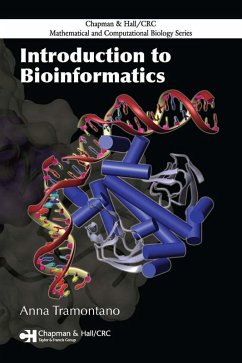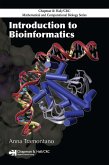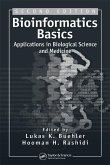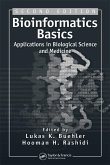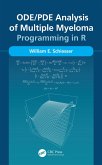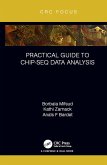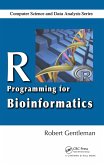Guiding readers from the elucidation and analysis of a genomic sequence to the prediction of a protein structure and the identification of the molecular function, Introduction to Bioinformatics describes the rationale and limitations of the bioinformatics methods and tools that can help solve biological problems. Requiring only a limited mathematical and statistical background, the book shows how to efficiently apply these approaches to biological data and evaluate the resulting information. The author, an expert bioinformatics researcher, first addresses the ways of storing and retrieving the enormous amount of biological data produced every day and the methods of decrypting the information encoded by a genome. She then covers the tools that can detect and exploit the evolutionary and functional relationships among biological elements. Subsequent chapters illustrate how to predict the three-dimensional structure of a protein. The book concludes with a discussion of the future of bioinformatics. Even though the future will undoubtedly offer new tools for tackling problems, most of the fundamental aspects of bioinformatics will not change. This resource provides the essential information to understand bioinformatics methods, ultimately facilitating in the solution of biological problems.
Dieser Download kann aus rechtlichen Gründen nur mit Rechnungsadresse in A, B, BG, CY, CZ, D, DK, EW, E, FIN, F, GR, HR, H, IRL, I, LT, L, LR, M, NL, PL, P, R, S, SLO, SK ausgeliefert werden.

